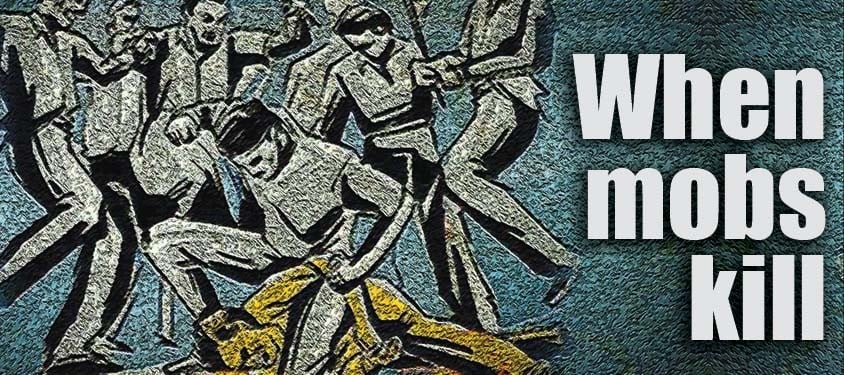
There is a dire need for us - the people - to individually and collectively revisit our attitudes towards violence

It has been almost two weeks since the vicious torture and killing of a teenager at the hands of people in a neighbourhood in Karachi on suspicion of theft. The jarring visuals of the incident made headlines for several days across the country triggering condemnations from all quarters. But this isn’t the first time harrowing images of such a barbaric incident have been splashed across newspapers and television screens. It isn’t the first time people have expressed disgust at mob brutality. And it certainly isn’t the first time that the government has expressed its resolve to hold the perpetrators to account and dispense justice.
Why then do we continue to be outraged at such incidents while failing to put an end to it?
The question requires us to reflect beyond individuals and instances. It requires us to look into our institutions, to revisit the structures of our systems and mechanisms. There is a need to introduce reforms to our criminal justice system. Much has been said on the lack of confidence the public has in the justice system but does that justify taking the law into our own hands?
Also read: When mobs kill
There is little left to comment on the levels of cruelty witnessed in incidents of mob violence. There is no regard for life, reason or principles. Law enforcement officials have often been found guilty of witnessing mob lynching incidents yet failing to intervene. Apart from the role of the justice system, the role of instigators in such incidents cannot be ignored. Social media has remained an important tool to incite the public against individual(s).
But above everything else, there is a dire need for us - the people - to individually and collectively revisit our attitudes towards violence, aggression and cruelty, no matter what the motivation and no matter what the tag one chooses to place it under.